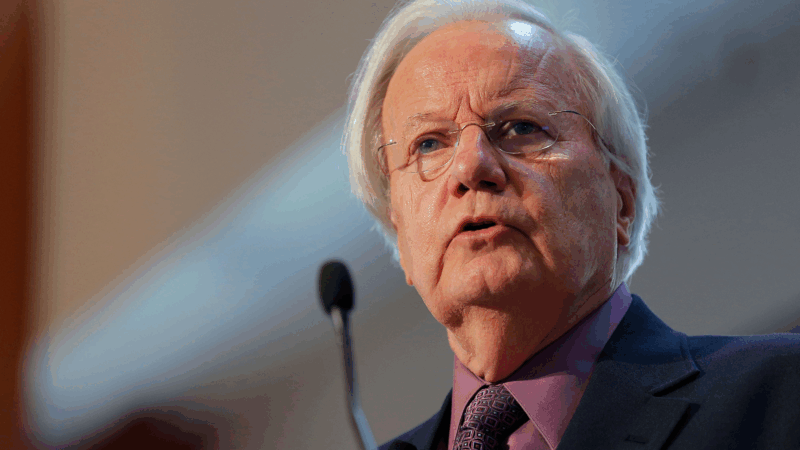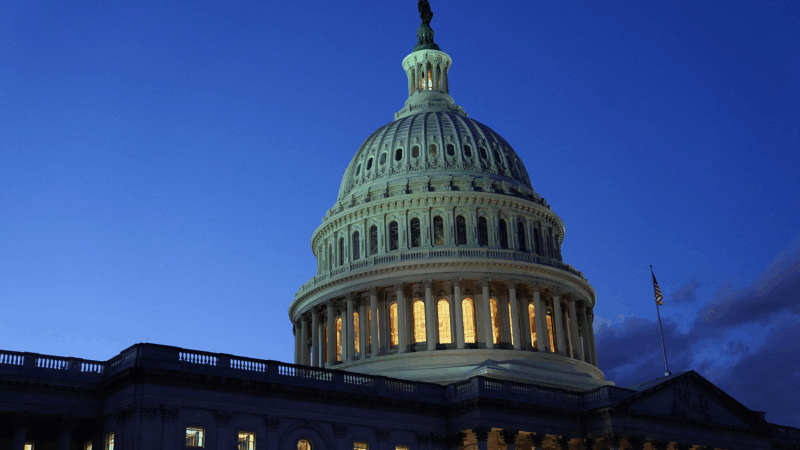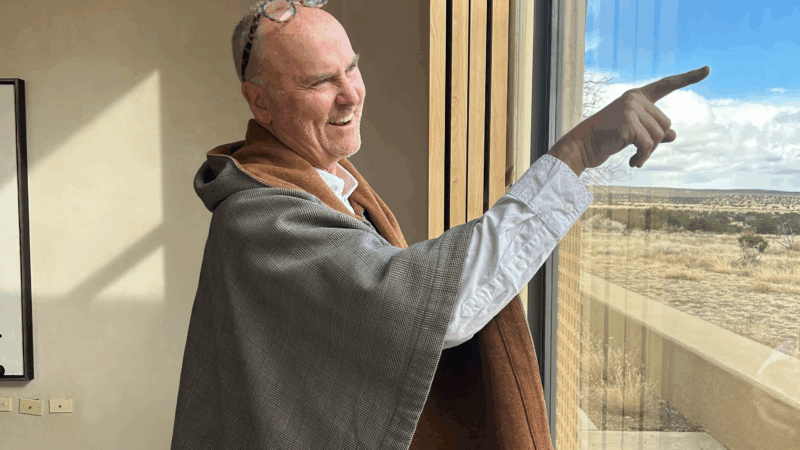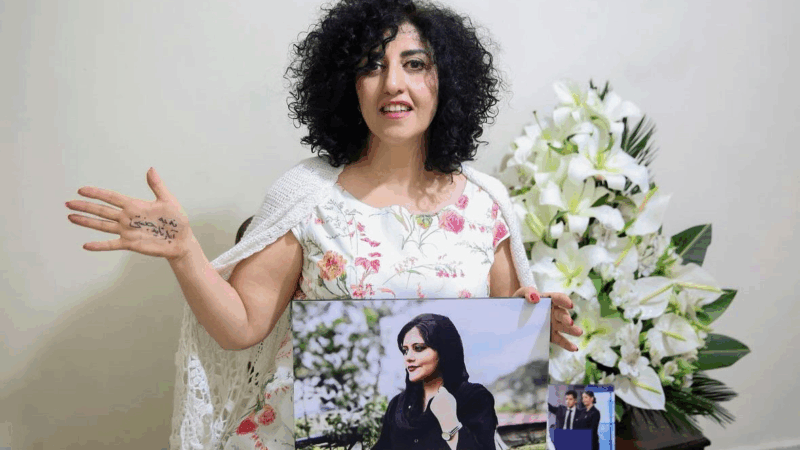Opinion: Remembering Bill Moyers
All of us in public broadcasting owe a thanks to Bill Moyers, who died this week at the age of 91. He was one of the signature figures, along with Big Bird and Susan Stamberg, who helped build public broadcasting in the United States.
Moyers started his career as a teenage cub reporter at a newspaper in Marshall, Texas. He went on to work as an intern for then-senator Lyndon Johnson. He became ordained as Baptist minister, and a few years later, in 1960, he joined Johnson on the campaign trail, eventually following him to the White House after the Kennedy assassination.
“I work for him despite his faults,” he said once when he was Johnson’s press secretary, “and he lets me work for him despite my deficiencies.” They had a falling out, reportedly over the war in Vietnam, and Moyers returned to journalism for the next 6 decades.
He won the most prestigious awards of our profession, some in bunches: more than 30 Emmys, 11 Peabodys, two Columbia-Duponts, and many other honors for his PBS documentaries and interviews.
He interviewed newsmakers. But from the start of Bill Moyers Journal, to NOW with Bill Moyers, and to Wide Angle, he interviewed poets like Rita Dove, scholars like Joseph Campbell, and other writers, artists, religious leaders and historical figures like Holocaust survivor Elie Wiesel and South African Archbishop Desmond Tutu.
He once asked Tutu how people who read the same Bible and prayed to the same God could wind up on opposite sides of grievously serious issues.
“We are human beings,” Tutu said to him, “who have been given, extraordinarily, by this God we worship the gift of freedom … God takes seriously the gift that God has given us. And we make choices. And the God, who is an omnipotent God, in many ways become impotent, because God has given us the gift to choose.”
In a media world which can overwhelm with breaking news, Bill Moyers asked questions that could be at once simple and probing in his Texas hill country tenor, steeped with a pastor’s compassion, and reminded us to try to find out what can last in the human heart.
I remember what seemed almost an incidental remark he made years ago at a long news meeting which we both attended.
“Is this a story that reaches into people?,” Bill Moyers asked.
We can honor his memory by asking ourselves that question as we go on with our work today.
Four top U.S. speedskaters to watch at the Olympics
U.S. speed skaters set to compete in Milan are drawing comparisons to past greats like Eric Heiden, Bonnie Blair, and Apolo Ohno. Here are four to watch in the 2026 Winter Olympic Games.
5 glaring warning signs for Republicans in this year’s midterm elections
Here's why Republicans are facing an uphill battle, particularly for retaining control of the House.
U.S. skater Connor McDermott-Mostowy joins record number of out LGBTQ Winter Olympians
When U.S. speedskater Connor McDermott-Mostowy makes his Winter Olympic debut in Milan, he'll join a record number of out LGBTQ athletes. But of the 46 out athletes, only 11 are men.
Need a new path in midlife? There’s a school for that and a quiz to kickstart it
Schools across the country are offering courses and retreats for people 50+ who want to reinvent themselves and embrace lifelong learning and discovery.
A ‘Shark Tank’ alum needed cash to pay tariffs. This shadowy lending world was ready
How about $350,000 within hours? The pitches flood small businesses: "No hidden fees, No BS." These financial lifelines are barely regulated and can turn into trip wires.
Crackdown on dissent after nationwide protests in Iran widens to ensnare reformist figures
Detained Nobel Peace Prize laureate Narges Mohammadi has received another prison sentence of over seven years.







